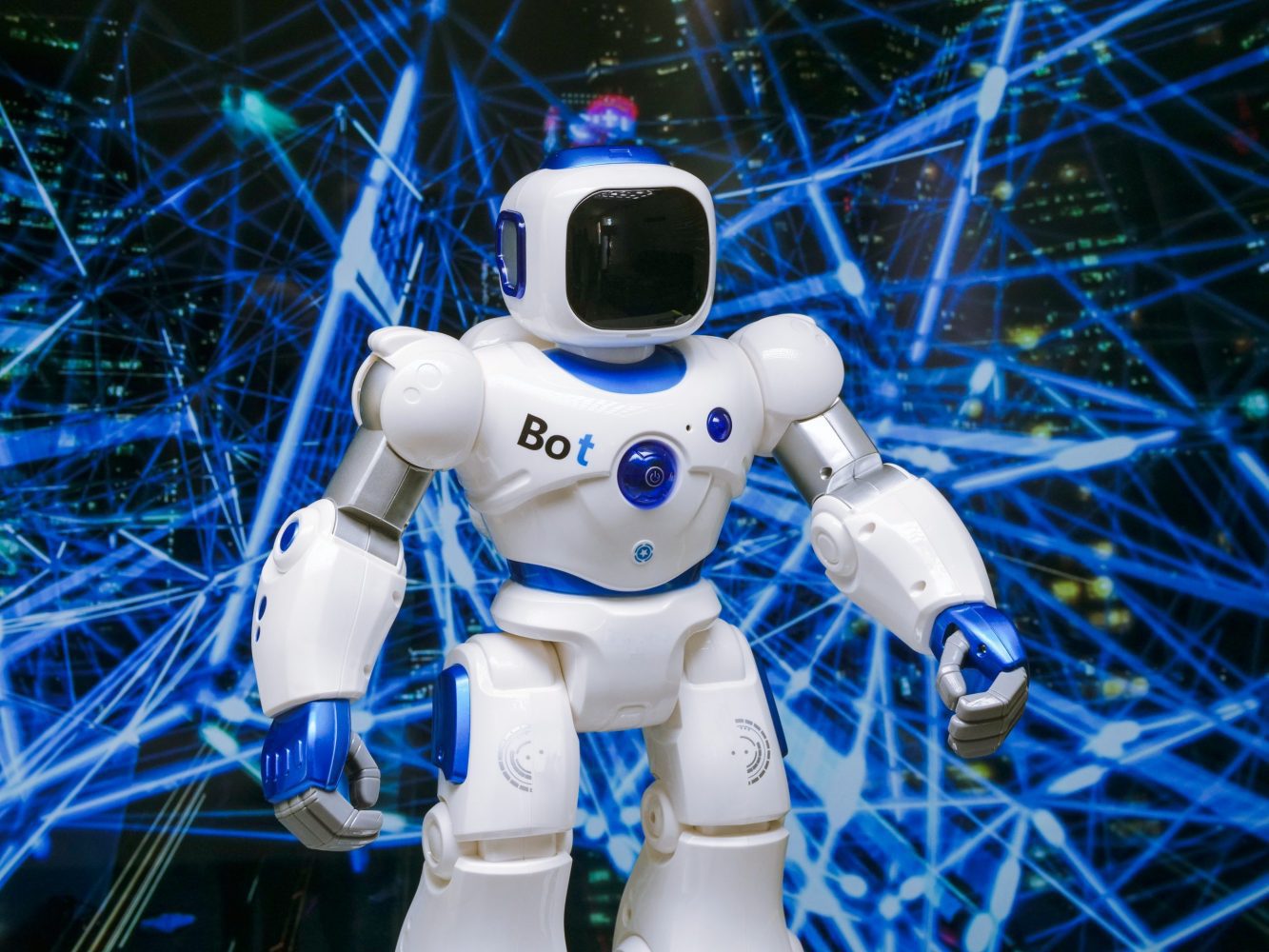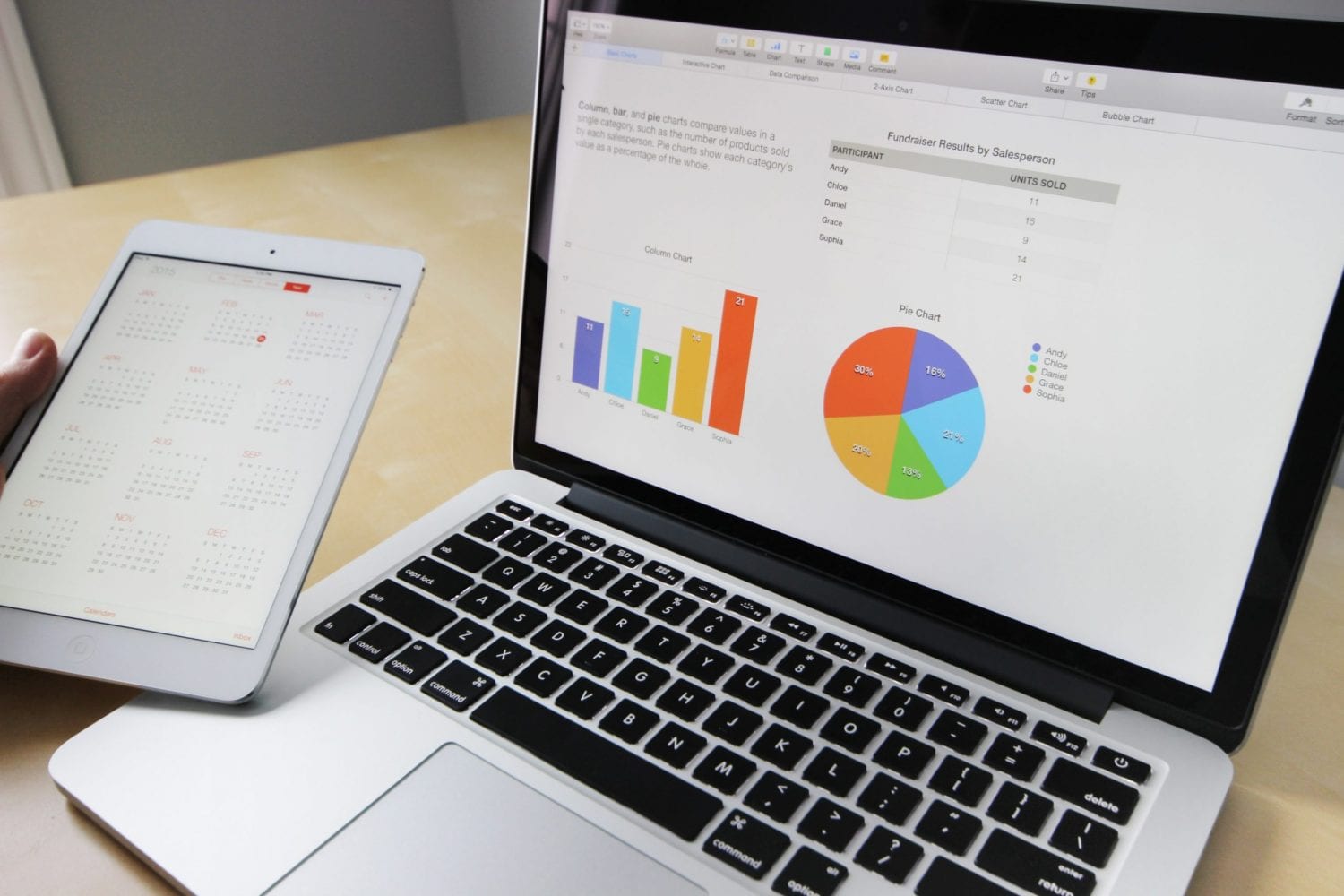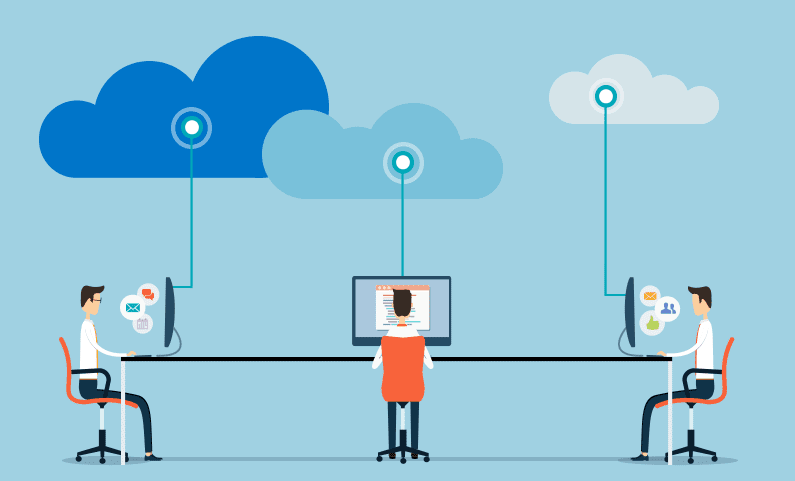Focus Areas
Automation| Artificial Intelligence | Analytics | Customer Insights | Cloud SolutionsAutomation
Staying ahead of the hyperautomation curve.
What do we aim to fix?
Gartner recently identified hyperautomation as one of the top 10 strategic emerging technology trends of 2020. According to Gartner, hyperautomaton is “end-to-end automation beyond robotic process automation (RPA) by combining complementary technologies to augment business processes.”
Its emergence as a trend is tied to a combination of business and technology realities. The business reality is the need to remove siloes and seamlessly connect the data and information that an organization has across its different layers and business units. The technology reality is that solutions already exist to enable businesses to connect their data seamlessly. These two effects give rise to hyperautomation. Gartner believes that hyperautomation can be enabled by DigitalOps which they define as “a business process framework designed to simplify, measure, and manage processes across the enterprise.”
DigitalOps includes RPA, business process management (BPM), workflow engines, decision management suites, process mining, low-code application platforms (LCAPs), and others. Gartner’s extensive research will help enterprise architects and innovation leaders to:
- Define an automation journey
- Co-create a strategy to combine DigitalOps tools
- Augment business processes with AI
Artificial Intelligence
How can AI help your organization?
What do we aim to fix?
Gartner estimates that in 2021, AI augmentation will generate $2.9 trillion in business value and recover 6.2 billion hours of worker productivity. According to a study by Forbes Insights, 72 percent of executives believe AI and related technologies will have a transformational impact on their company, and 80 percent of executives agree that AI is already having a transformational impact on workflows and tools for knowledge workers. However, executives often don’t know how or where to start implementing AI within their own organizations and fear they are at risk of falling behind.
With intelligent, AI-powered solutions in Microsoft 365 right at their fingertips, knowledge workers can create more value for their organization.
Analytics
Shape your future with data and analytics
What do we aim to fix?
To harness the power of data, first we need to break down data silos. While not a new concept, achieving this has been a constant challenge in the history of data and analytics as its ecosystem continues to be complex and heterogeneous. We must expand beyond the traditional view that data silos are the core of the problem. The truth is, too many businesses also have silos of skills and silos of technologies, not just silos of data. And, this must be addressed holistically.
For decades, specialized technologies like data warehouses and data lakes have helped us collect and analyze data of all sizes and formats. But in doing so, they often created niches of expertise and specialized technology in the process. This is the paradox of analytics: the more we apply new technology to integrate and analyze data, the more silos we can create.
To break this cycle, a new approach is needed. Organizations must break down all silos to achieve analytical power and predictive power, in a unified, secure, and compliant manner. Your organizational success over the next decade will increasingly depend on your ability to accomplish this goal.
Customer Insights
What do we aim to fix?
Dynamics 365 Customer Insights applies artificial intelligence to analyze rich pools of customer data collected from across other apps like Dynamics 365 Sales, Service, and Marketing. Its standard functionality generates powerful analytical displays for each contact, which makes the information easy to understand and use. The integrated solution can:
Load data from Dynamics 365 Marketing into Customer Insights and combine it with customer data from other sources.
Apply data cleansing, enrichment, fuzzy matching, and more.
Use segments created by Customer Insights to target customer journeys in Dynamics 365 Marketing.
Cloud Solutions
Azure Backup and Disaster Recovery
Lift and Shift
Before getting into how to migrate your existing applications to the Azure infrastructure as a service (IaaS) platform, it’s important to analyze the reasons why you’d want to migrate directly to IaaS in Azure. The scenario at this modernization maturity level essentially is to start using VMs in the cloud, instead of continuing to use your current, on-premises infrastructure.
Another point to analyze is why you might want to migrate to pure IaaS cloud instead of just adding more advanced managed services in Azure. Determine what cases might require IaaS in the first place.
Azure Sentinel
See and stop threats before they cause harm, with SIEM reinvented for a modern world. Azure Sentinel is your birds-eye view across the enterprise. Put the cloud and large-scale intelligence from decades of Microsoft security experience to work. Make your threat detection and response smarter and faster with artificial intelligence (AI). Eliminate security infrastructure setup and maintenance, and elastically scale to meet your security needs—while reducing costs as much as 48 percent compared to traditional SIEMs.
Are you ready
to take your business to the next level?









